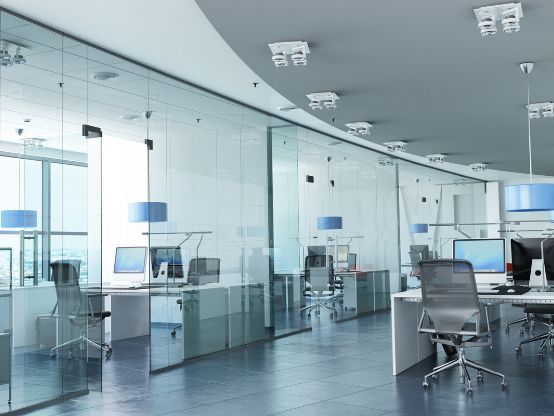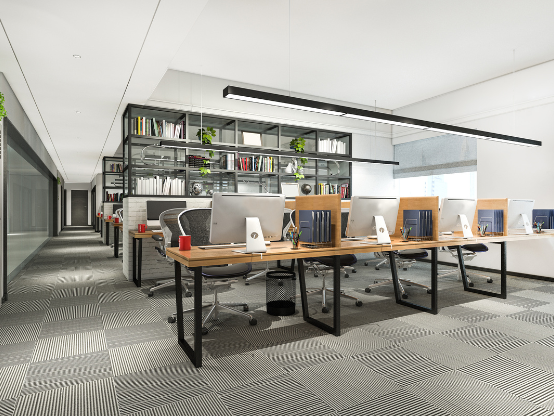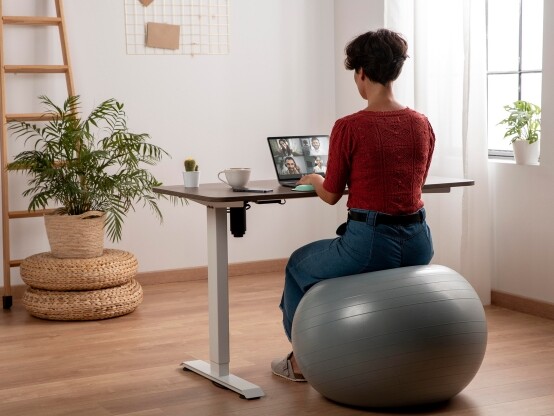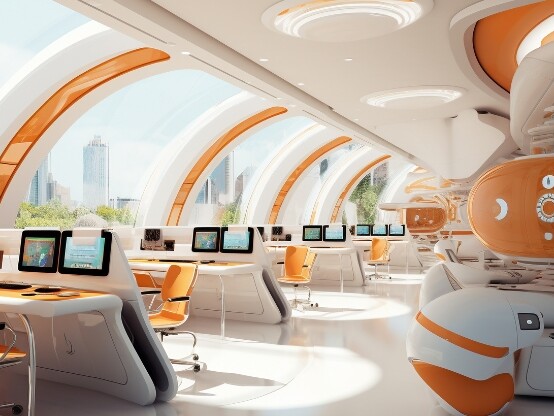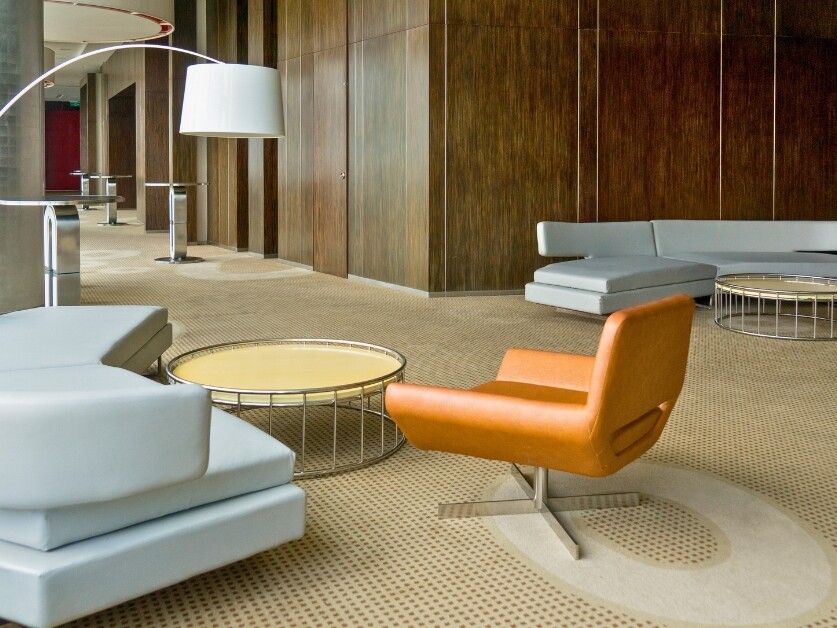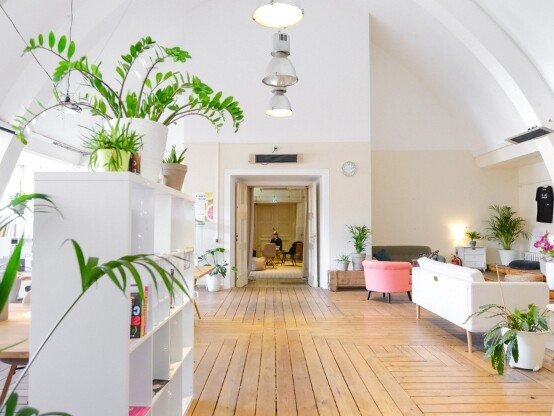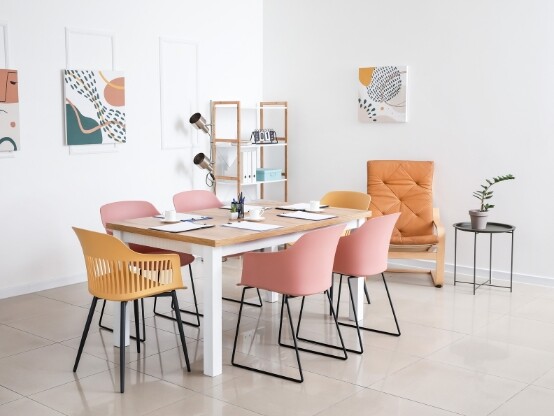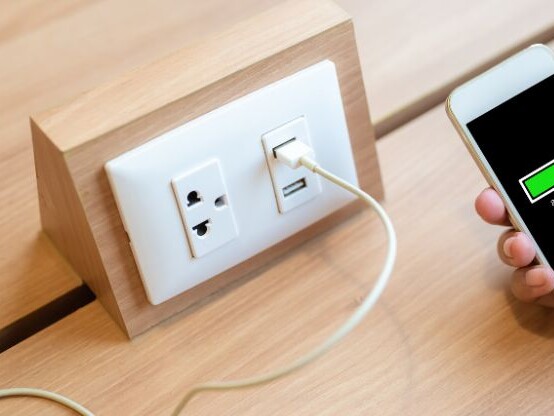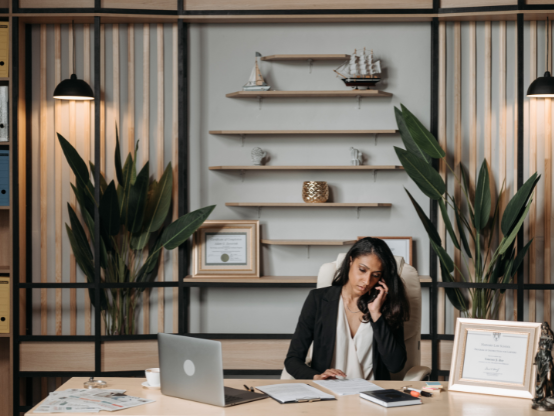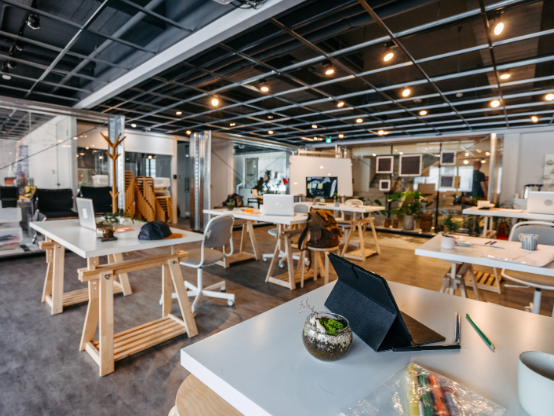With the nature of work and work environments changing rapidly, the traditional office setup is evolving to accommodate new workstyles and priorities. Designing a flexible office space has become essential for fostering collaboration, innovation, and productivity while accommodating the diverse needs of modern workers. At Environments Denver, we understand the importance of creating dynamic work environments that adapt to the evolving needs of businesses and their employees. In this post, we share with you strategies and tips for designing flexible office spaces that inspire creativity, engagement, and success.
Embrace Modular Furniture Solutions
One of the key elements of an easily adaptable office space is the use of modular furniture. Modular furniture allows for easy reconfiguration and adaptation to different layouts and functions, making it ideal for dynamic work environments. That’s why investing in modular desks, tables, and seating options makes sense in the current workspace. Such furniture can be easily moved, rearranged, or expanded to accommodate changing needs, team sizes, and work activities.
Prioritize Versatile Layouts
Flexibility in office design starts with the layout. Open floor plans, for example, promote collaboration and communication among team members. Beyond that, they also provide flexibility for individual workspaces, team meetings, and social gatherings. Incorporate movable partitions, sliding doors, and flexible dividers into your office design. These mobile elements create adaptable zones that can be reconfigured as needed to accommodate different activities and privacy levels.
Foster Connectivity with Technology
Technology plays a crucial role in enabling flexibility and connectivity in modern office spaces. Equip your workspace with wireless connectivity, smart devices, and digital tools, allowing employees to work from anywhere within the office. In addition, implement versatile AV solutions, video conferencing systems, and interactive displays. Such technology facilitates seamless communication and collaboration among team members, whether they work in the office or remotely.
Design for Comfort and Well-being
An adaptable office space prioritizes the comfort and well-being of employees to enhance their job satisfaction and increase productivity. To that end, invest in ergonomic furniture, adjustable lighting, and temperature controls to create a comfortable and conducive-to-work environment. Incorporate biophilic elements, such as natural light, indoor plants, and outdoor views, to promote employee mental health, creativity, and well-being.
Encourage Personalization and Adaptation
Allow employees to personalize their workspaces and adapt them to their individual preferences and work styles. Provide opportunities for customization with adjustable desks, ergonomic chairs, and storage solutions that accommodate personal belongings and work tools. Further, encourage creativity and self-expression by allowing employees to decorate their workspaces with meaningful items, artwork, and motivational messages.
Designing Flexible Office Spaces with Environments Denver
Designing a flexible workspace is essential for creating dynamic work environments that can adapt to the modern needs of businesses and their employees. By embracing modular furniture solutions, prioritizing versatile layouts, fostering connectivity with technology, designing for comfort and well-being, and encouraging personalization and adaptation, businesses can create flexible office spaces that inspire productivity, collaboration, and innovation. At Environments Denver, we specialize in designing and furnishing flexible work environments that meet the unique needs of our clients.
Contact us today to learn more about our innovative solutions and how we can help you design the perfect flexible office space for your organization.
